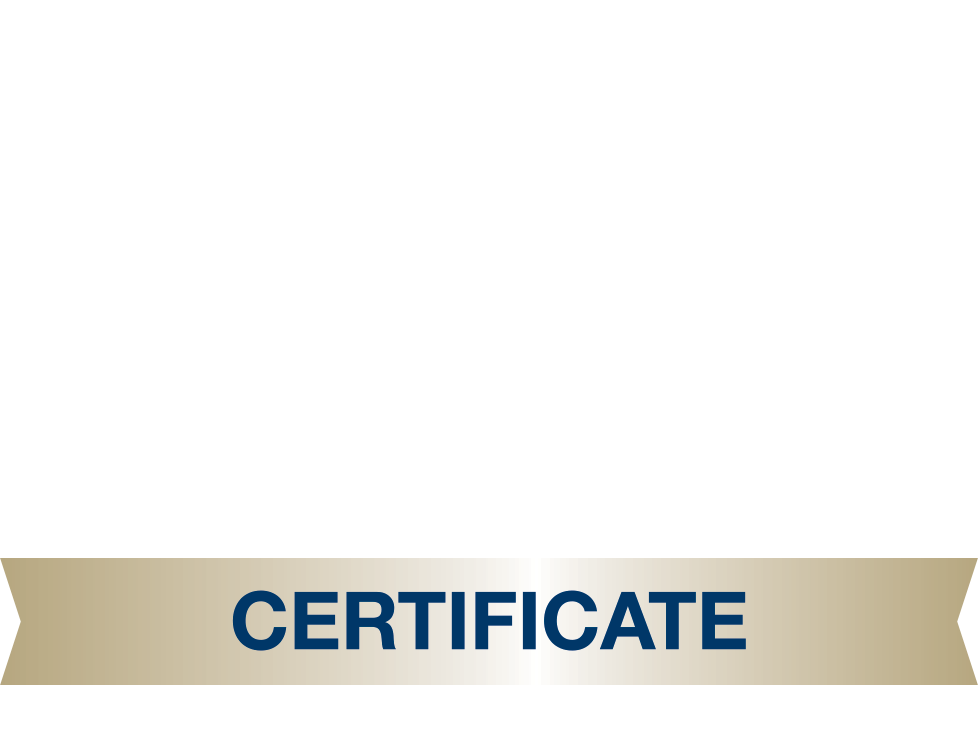
With the introduction of a new year behind us, the start of tax season is fast approaching. Completing federal income taxes is often a drawn-out and convoluted process, and it is inevitable that some mistakes will be made. Everyone knows that these small errors can have a large impact on tax refunds and can even lead to fines. That is why it is always beneficial to refresh your memory on the fundamentals of filing taxes. Being aware of the most frequent tax-filing mistakes is fundamental to avoiding any flaws that could result in an investigation by the IRS. Read on to discover how you and your family or business can avoid making mistakes this tax season.
- Don’t Overlook Names and Numbers
Ensure that your filing status, your name, and the names and Social Security numbers of those you are responsible for are all precise and accurate. It won’t hurt to double-check the bank account numbers you listed, as some of them can be quite long! For many, mathematics is not their strong point. Therefore, taxpayers ought to confirm that the calculations they have made are correct, as this is one of the most frequent errors when filing.[1]
- Practice Precaution When Calculating
Exercise caution when you are entering your data from W-2s and other forms. The IRS will be tallying up your earnings, dividends, bank interest, and any other income reported to them. So, they will be verifying if your income and the facts provided match.[2] If something appears to be incorrect, you should reach out to your employer or the business responsible for the transaction. This way, they’ll be able to provide you with an updated version of the form. To avoid any issues with taxes, take care of this matter before the tax period begins![3]
- The Standard Deduction Isn’t Best for Everyone
Not everyone should take the standard deduction as a given benefit. It is critical to check if it is the most suitable option for you, as it could have an impact on the amount of income tax you owe. You could also consider itemizing your deductions if you had hefty medical and dental bills not covered by insurance, paid a lot for mortgage interest or property taxes, had huge business losses, or made large donations to select charities.[4]
- Don’t Withdraw Early
If you take out money from your retirement accounts before the qualified retirement age for the specific type of account, you’ll have to pay penalty fees. Not only that, but the IRS will also send you a letter reminding you of the extra taxes and additional penalties you owe for the premature withdrawal. So, if you don’t want to get into trouble with the taxman, remember to report it in your tax returns![5]
Make Sure to Double-Check!
Some of the best advice when it comes to filing your taxes is to double-check! It’s better to go back and give yourself the time to review your information than it is to deal with the pain and consequences of silly mistakes. Be sure to confirm your entries, look out for typos, and avoid leaving anything blank. If you’re hoping to make tax season a little easier this year, reach out to our team for a complimentary review of your finances!
[4]: https://www.equifax.com/personal/education/personal-finance/avoid-tax-mistakes/
[5]: https://pro.bloombergtax.com/brief/common-mistakes-in-tax-preparation/
DISCLOSURE
Keep in mind, this article is for informational purposes only and not to be construed as financial or investing advice, nor is it a replacement for real-life advice based on your unique situation. Investing and retirement account rules are constantly changing, and it is recommended that you work with tax and financial professionals who specialize in retirement.
Investment Advisory Services are offered through Tushaus Group, LLC, a registered investment adviser.
Tushaus Group, LLC does not provide tax or legal advice.





